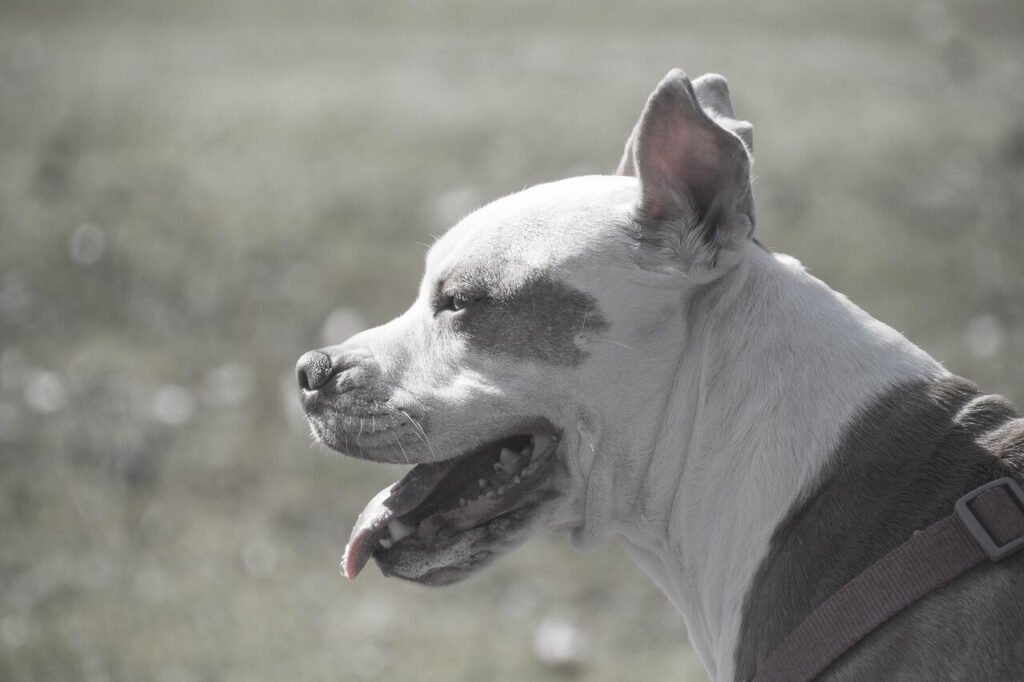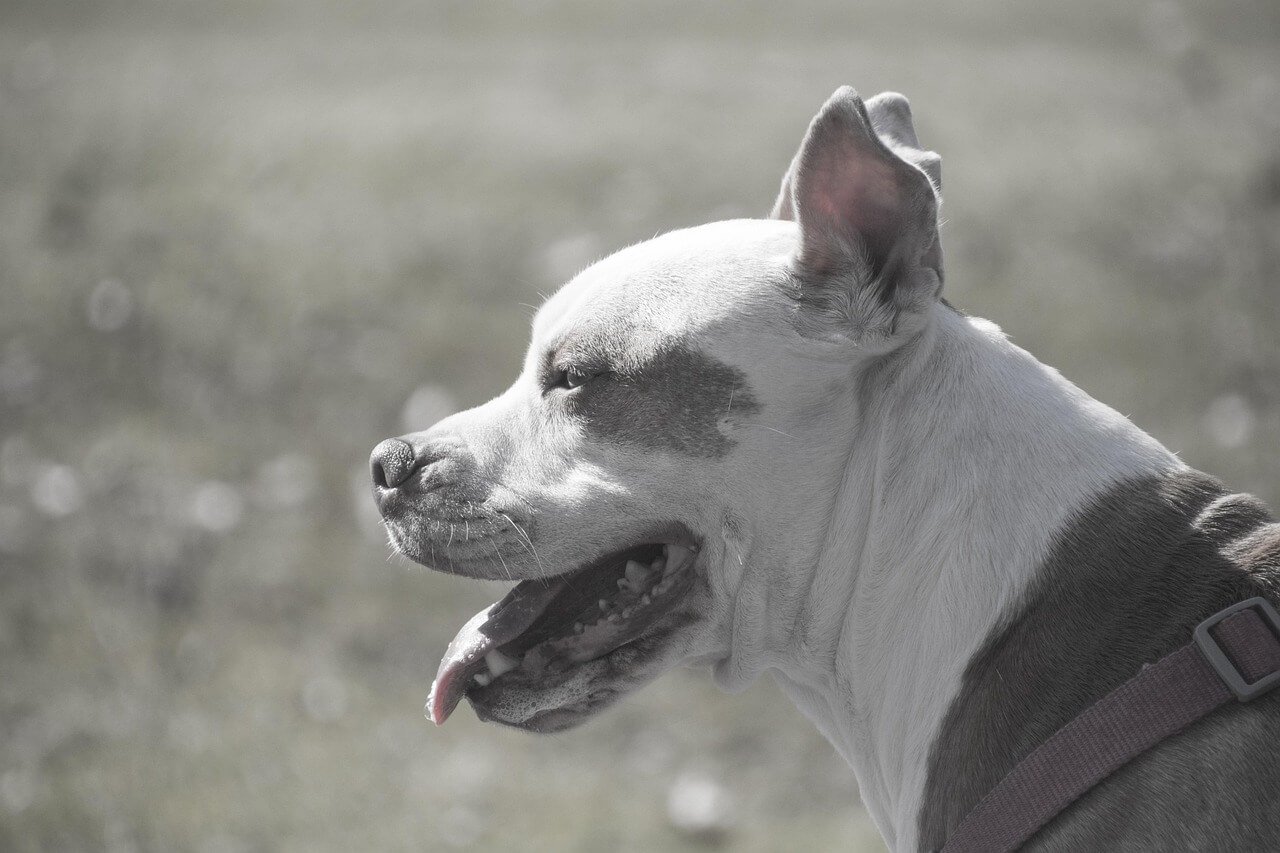Can a Dog Have Sleep Apnea? Understanding the Condition
Sleep apnea is a condition that many people are familiar with, but did you know it can also affect dogs? While it’s less common in our furry friends, sleep apnea in dogs can disrupt their rest and impact their overall health. This condition occurs when a dog experiences pauses in breathing during sleep, leading to poor-quality rest and potential health complications. As a responsible pet owner, it’s important to recognize the signs of sleep apnea, understand its causes, and learn how to manage it effectively. In this blog post, we’ll explore everything you need to know about sleep apnea in dogs, from symptoms and diagnosis to treatment options and prevention strategies.
What Is Sleep Apnea in Dogs? Breaking It Down
Sleep apnea in dogs is a condition where their breathing repeatedly stops and starts during sleep. While it’s more common in certain breeds, any dog can develop this issue. Here’s what you need to know about the condition:
Breathing Pauses: Dogs with sleep apnea may experience short interruptions in breathing, lasting several seconds at a time.
Snoring or Gasping: Loud snoring or sudden gasps for air during sleep are common indicators of sleep apnea.
Interrupted Sleep Patterns: The pauses in breathing cause frequent awakenings, preventing deep, restorative sleep.
Daytime Lethargy: Dogs with sleep apnea often feel tired and sluggish during the day due to poor-quality rest.
Potential Health Risks: Untreated sleep apnea can lead to long-term health issues like cardiovascular problems or chronic fatigue.
Understanding these aspects of sleep apnea helps explain why it’s important to address the condition promptly. Early intervention can improve your dog’s quality of life significantly.
Signs Your Dog May Have Sleep Apnea
Recognizing the symptoms of sleep apnea is the first step toward helping your dog get the care they need. Here are some signs that your dog might be experiencing this condition:
Loud Snoring: Persistent or unusually loud snoring, especially if accompanied by choking sounds, can indicate sleep apnea.
Restlessness During Sleep: Frequent tossing, turning, or waking up suddenly during the night may suggest breathing difficulties.
Excessive Daytime Sleepiness: If your dog seems unusually tired or disinterested in activities despite adequate rest, it could be a red flag.
Difficulty Breathing While Awake: Labored breathing or wheezing during the day might point to underlying respiratory issues.
Irritability or Behavioral Changes: Lack of proper sleep can make dogs more irritable or anxious than usual.
If you notice any of these symptoms, consult your veterinarian for a thorough evaluation. Addressing sleep apnea early can prevent further complications.
Check this guide 👉Why Does My Dog Sleep on My Head? Best 7 Behavior Tips!
Check this guide 👉Why Does My Dog Sleep on My Head? Best 7 Behavior Tips!

Symptoms of Sleep Apnea in Dogs | Possible Causes |
|---|---|
Loud snoring | Narrow airways or structural abnormalities |
Restlessness during sleep | Obesity or excess weight |
Excessive daytime sleepiness | Allergies causing nasal congestion |
Difficulty breathing | Brachycephalic breed characteristics |
Irritability or mood changes | Environmental factors like smoke or allergens |
How Sleep Apnea Is Diagnosed in Dogs
Diagnosing sleep apnea in dogs requires a combination of observation and professional evaluation. Here’s how veterinarians typically approach the process:
Detailed History: Your vet will ask about your dog’s sleeping habits, behavior changes, and any noticeable symptoms.
Physical Examination: They’ll check for physical traits like narrow airways or obesity that could contribute to breathing difficulties.
Sleep Study: In some cases, a veterinary sleep study may be recommended to monitor your dog’s breathing patterns overnight.
X-rays or Imaging: These tests can help identify structural issues in the airway or throat that might cause sleep apnea.
Blood Tests: Bloodwork may be performed to rule out other underlying conditions affecting your dog’s health.
Proper diagnosis ensures that your dog receives the appropriate treatment plan tailored to their specific needs.
Treatment Options for Dogs with Sleep Apnea
Once diagnosed, there are several ways to manage and treat sleep apnea in dogs. The goal is to improve their breathing and ensure they get restful sleep. Here are some common approaches:
Weight Management: If obesity is a contributing factor, helping your dog lose weight can significantly reduce symptoms.
Surgical Interventions: Procedures like soft palate reduction may be recommended for brachycephalic breeds with anatomical issues.
Environmental Adjustments: Reducing allergens, avoiding smoke, and maintaining clean air can ease breathing difficulties.
Specialized Beds or Equipment: Orthopedic beds or devices designed to elevate the head can promote better airflow during sleep.
Medication or Supplements: Anti-inflammatory drugs or supplements like omega-3 fatty acids may help reduce airway swelling.
By working closely with your veterinarian, you can find the most effective solution for your dog’s unique situation.
Proactive Steps to Reduce the Risk of Sleep Apnea
While some factors contributing to sleep apnea, like breed characteristics, can’t be changed, there are several preventive measures you can take to lower your dog’s risk. By addressing potential causes early, you can help ensure your dog enjoys restful sleep. Here’s what you can do:
Maintain a Healthy Weight: Obesity is a leading cause of sleep apnea; regular exercise and portion control can keep your dog fit.
Provide a Clean Sleeping Environment: Keep allergens like dust, mold, and smoke away from your dog’s sleeping area to reduce respiratory irritation.
Choose the Right Bed: Opt for elevated or orthopedic beds that support proper airflow and comfort during sleep.
Monitor Breathing Patterns: Regularly observe your dog’s breathing habits to catch irregularities before they escalate.
Schedule Routine Vet Check-Ups: Early detection of potential issues through regular vet visits can prevent complications down the line.
By taking these proactive steps, you can significantly reduce the likelihood of sleep apnea affecting your dog’s health and happiness.
Which Dog Breeds Are More Prone to Developing Sleep Apnea?
Certain breeds are genetically predisposed to conditions that increase the risk of sleep apnea. If you own one of these breeds, it’s important to be extra vigilant about their respiratory health. Here are some breeds commonly affected:
Brachycephalic Breeds (e.g., Bulldogs, Pugs, French Bulldogs): Their short noses and narrow airways make breathing more challenging.
Shih Tzus: Known for their flat faces, they often struggle with airflow issues during sleep.
Boxers: This energetic breed is prone to structural airway problems that can lead to sleep apnea.
Boston Terriers: Their compact facial structure increases the risk of breathing difficulties.
Cavalier King Charles Spaniels: Often affected by both brachycephalic traits and heart conditions, which can exacerbate sleep apnea symptoms.
Understanding breed-specific risks allows you to take preventative measures and seek veterinary advice if needed.
Tips for Ensuring Restful Nights for Your Dog
Even if your dog doesn’t have sleep apnea, improving their overall sleep quality can enhance their well-being and energy levels. Here are some practical tips to help your dog sleep better:
Establish a Consistent Routine: Set regular bedtime and wake-up times to regulate your dog’s internal clock.
Create a Calm Pre-Sleep Routine: Engage in relaxing activities like gentle play or brushing before bed to signal it’s time to wind down.
Limit Evening Meals: Avoid feeding your dog large meals right before bedtime to prevent discomfort or indigestion.
Minimize Noise and Distractions: Ensure your dog’s sleeping area is quiet and free from disruptions to promote uninterrupted rest.
Encourage Physical Activity During the Day: Adequate exercise helps tire your dog out and prepares them for deep, restorative sleep.
By implementing these strategies, you can create an environment that supports peaceful, restful sleep for your furry companion.
Frequently Asked Questions About Sleep Apnea in Dogs
Can a dog have sleep apnea?
Yes, though it’s less common than in humans, dogs can develop sleep apnea due to various factors like breed characteristics or obesity.
Which dog breeds are prone to sleep apnea?
Brachycephalic breeds like Bulldogs, Pugs, and Shih Tzus are more susceptible due to their short snouts and narrow airways.
Is sleep apnea dangerous for dogs?
If left untreated, it can lead to chronic fatigue, cardiovascular issues, and a reduced quality of life.
How can I help my dog sleep better?
Maintain a healthy weight, provide a comfortable sleeping environment, and address any underlying health issues.
Do all snoring dogs have sleep apnea?
Not necessarily, but persistent or loud snoring should be evaluated by a vet to rule out sleep apnea or other conditions.
Final Thoughts: Supporting Your Dog Through Sleep Apnea
While sleep apnea in dogs may seem daunting, understanding the condition and seeking timely veterinary care can make a world of difference. By recognizing the signs, addressing the root causes, and implementing treatment strategies, you can help your dog enjoy restful nights and energetic days. Remember, your dog relies on you to advocate for their health and well-being. With patience, dedication, and professional guidance, you can ensure your furry friend gets the rest they deserve and continues to thrive. After all, a well-rested dog is a happy, healthy companion ready to share countless joyful moments with you.
Pemphigus Erythematosus in Cats: Best 7 Expert Tips! – Learn to recognize symptoms, manage flare-ups, and improve your cat’s quality of life.
Pemphigus Erythematosus in Dogs: Best 7 Expert Tips! – Discover causes, symptoms, and treatment options to manage this autoimmune skin condition effectively.
Cat Tympanic Membrane: Best 7 Expert Tips! – Learn how to protect your cat’s eardrum, spot issues early, and ensure lifelong auditory health.
Dog Tympanic Membrane: Best 7 Expert Tips! – Learn how to protect your dog’s eardrum, spot issues early, and ensure lifelong ear health with expert advice.





